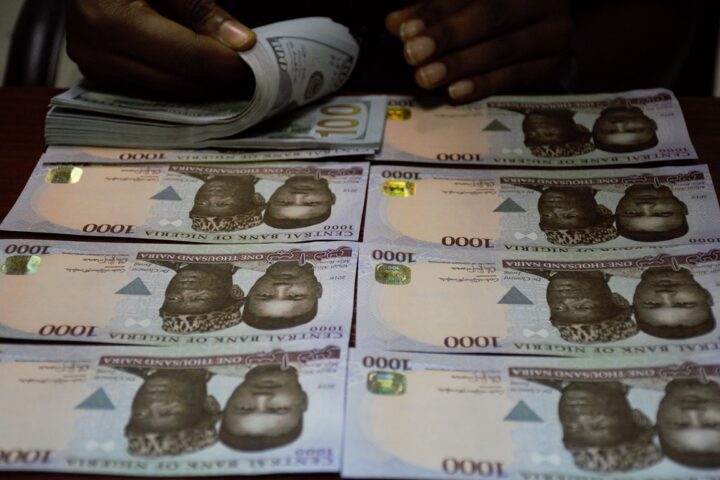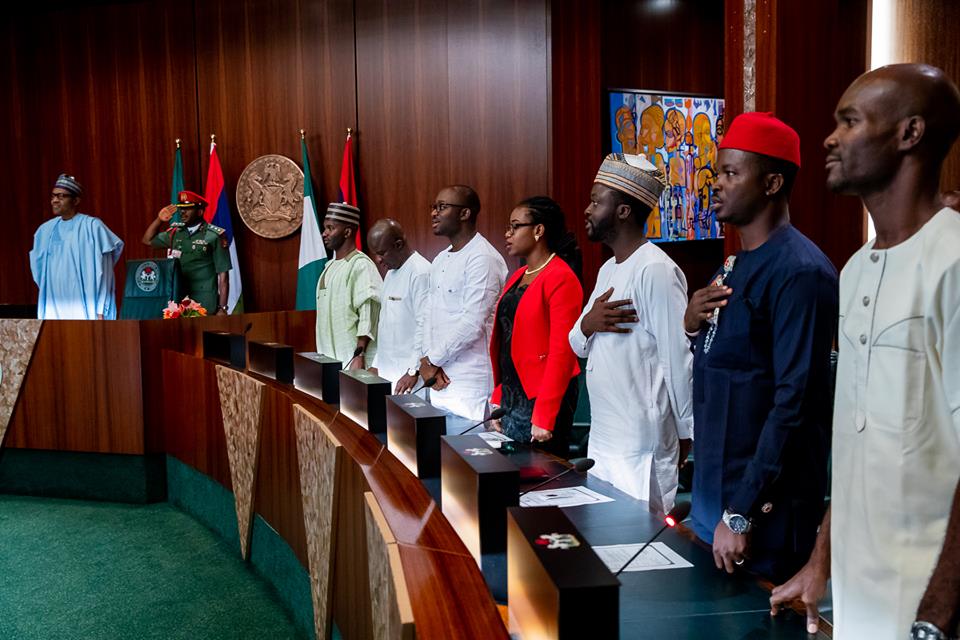The Central Bank of Nigeria (CBN) says it resisted strong pressures to float the naira in order to save the country during the period of economic recession.
Isaac Okoroafor, spokesman of the apex bank, made the remark on Wednesday at an event organised by the Nigerian Institute of Public Relations (NIPR) in Abuja.
He said the negative consequences that Egypt, Venezuela and Zimbabwe suffered from floating their currencies was enough to learn from.
“Several people both local and international made the suggestions that we float the Naira but we said no,” he said.
Advertisement
“We resisted the option because we felt it was a wrong option and dangerous to the economy and we are very happy we proved them wrong.
“We believe we succeeded and what we are doing now is to consolidate on the successes and address our failures.”
Okoroafor continued: “Egypt floated its currency and inflation rate moved from 14 to 31 (percent).
Advertisement
“Of course, the inflation rate in Venezuela that floated its currency also was 95 percent.
“In Zimbabwe, I don’t know how many thousand was the last one.
“You could see that we weaved the story around saying ‘look, telling us to float the naira is like taking off from Egypt to Venezuela to take a connecting flight that would land you in Zimbabwe’.
“We believed that floating the naira could have destroyed this economy, because from our own calculations, if we had floated the naira when it was N525, the next thing would have been N700, N1,200, maybe N3,000 and it goes; it would begin to go haywire.”
Advertisement
Okoroafor said the apex bank currently allows for a multiple exchange rate to stimulate local production and exports so as to strengthen the economy.
“You need to stimulate people through this kind of arrangement. Once we feel things are stable, we can allow a unified exchange rate,” he said.
“Nigerians should go and produce, add value to the goods and export. And once we start that, we see the naira shaping up. The naira would begin to strengthen.
“As long as we remain a nation of consumers, taking from other countries, and even killing those who are producing it here, our naira would continue to be weak.”
Advertisement
Add a comment






